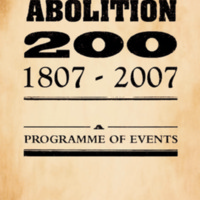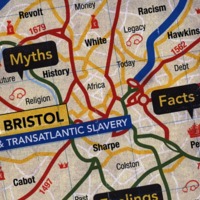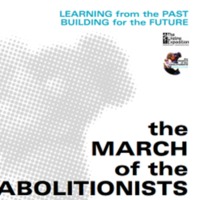
Abolition 200
A programme of events from Wolverhampton City Council to mark the bicentenary, which included a public debate about whether the British government should apologise for the slave trade, services of remembrance and film screenings. Other highlights included stories from Wolverhampton City Archives about the city's role in sustaining the slave trade, and abolishing it, and a discussion and writing workshop with the black writer Fred D'Aguiar and members of Wolverhampton's Black Readers and Writers group. 'Our Ancestors, Our Heritage, Our Stories' was a showcase event highlighting the work of the African Caribbean Community Panel.

Myths, Facts, Feelings: Bristol and Transatlantic Slavery
The project to produce the booklet Myths, Facts and Feelings: Bristol and Transatlantic Slavery began in 2007. The Bristol Race Forum aimed to tackle some of the sensitivities, misunderstandings and popular opinions about the subject, and particularly in the Bristol area. The book's development went through a number of stages until it was published in 2012. The booklet and accompanying website for schools and communities across Bristol were produced with a view to sharing lessons from Bristol's past, and as a driver for future debate, activism and challenging prejudices. The contents were developed out of workshops with young people from the African Caribbean community and visits to community groups across Bristol.

The March of the Abolitionists
The Lifeline Expedition began in 2000 as a reconciliation journey linking the European and African nations. The March of the Abolitionists was organised for 2007, aiming to bring an apology for the slave trade (especially the role of the church); to promote understanding of slavery and abolition by engaging with schools and the media; and to remember black and white abolitionists of the past, and of current campaigns. For the first stage in March 2007 (the Meridian Walk), a group of walkers included Africans and descendants of enslaved Africans, while white people from the former slave trading nations wore yokes and chains on their 250-mile journey from Hull to London. In the capital they joined the Walk of Witness at Westminster, led by the Archbishops of Canterbury and York. The second stage of the march (the Sankofa Walk) linked the former slave ports of London, Liverpool and Bristol in June and July 2007.